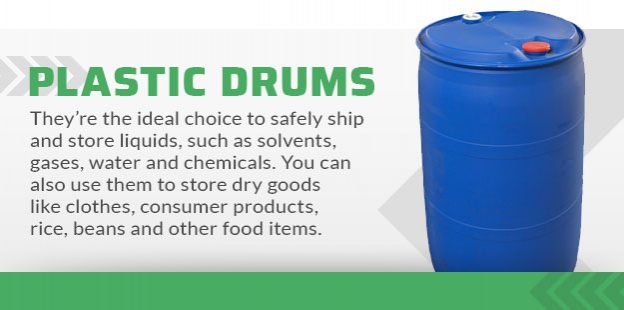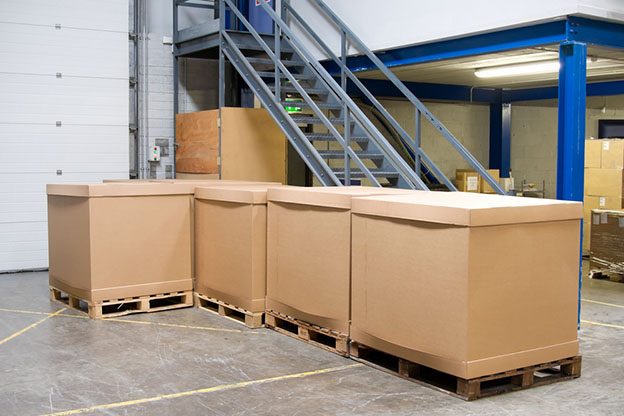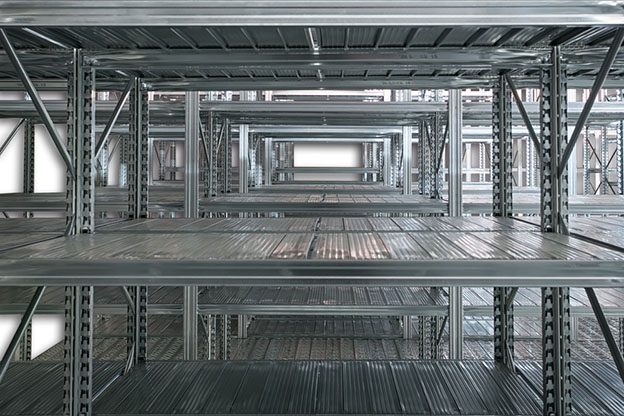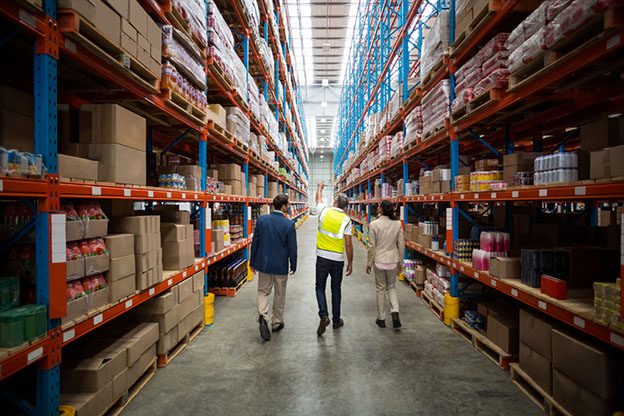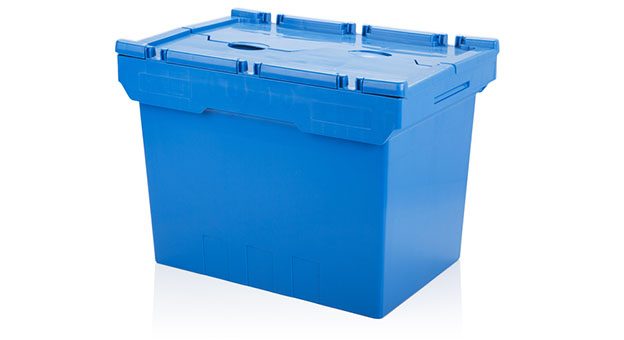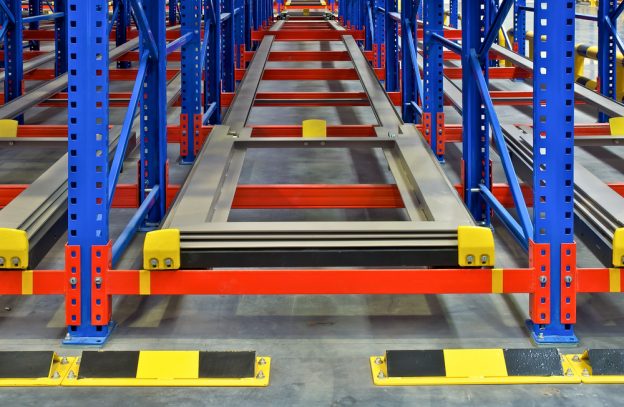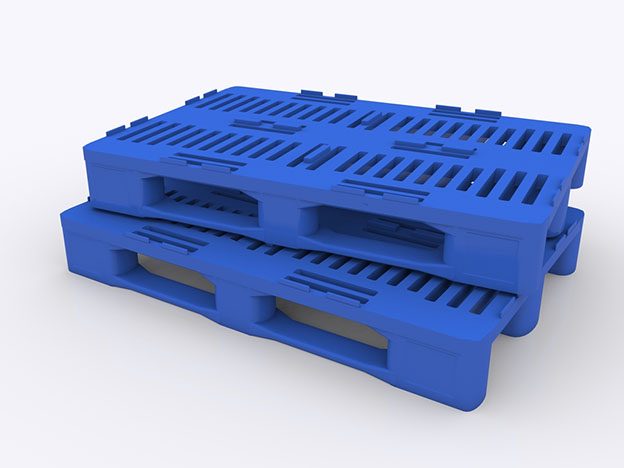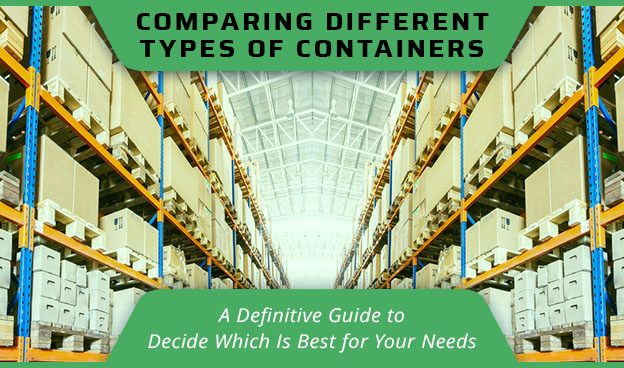
A Helpful Guide to Safe Handling of Hazardous Materials
Hazardous materials are a staple of the global supply chain. The U.S. alone receives more than $2,334,425 worth of hazardous materials every year. Companies that ship, handle and store these products need to maintain proper safety protocols at all times. A small error could easily spiral out of control. Leaks, spills and cross-contamination are just some of the concerns these companies may face. S...
Read More